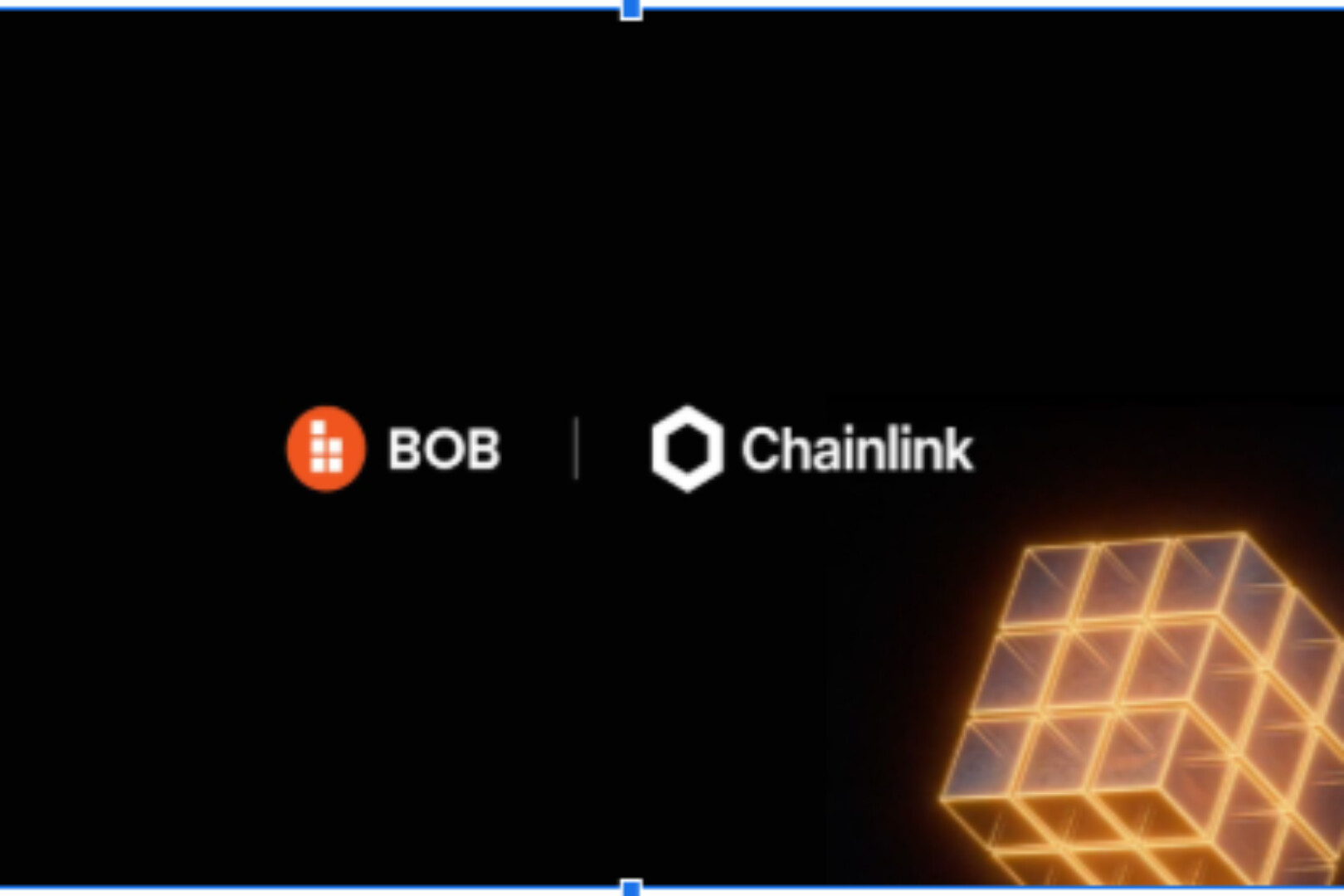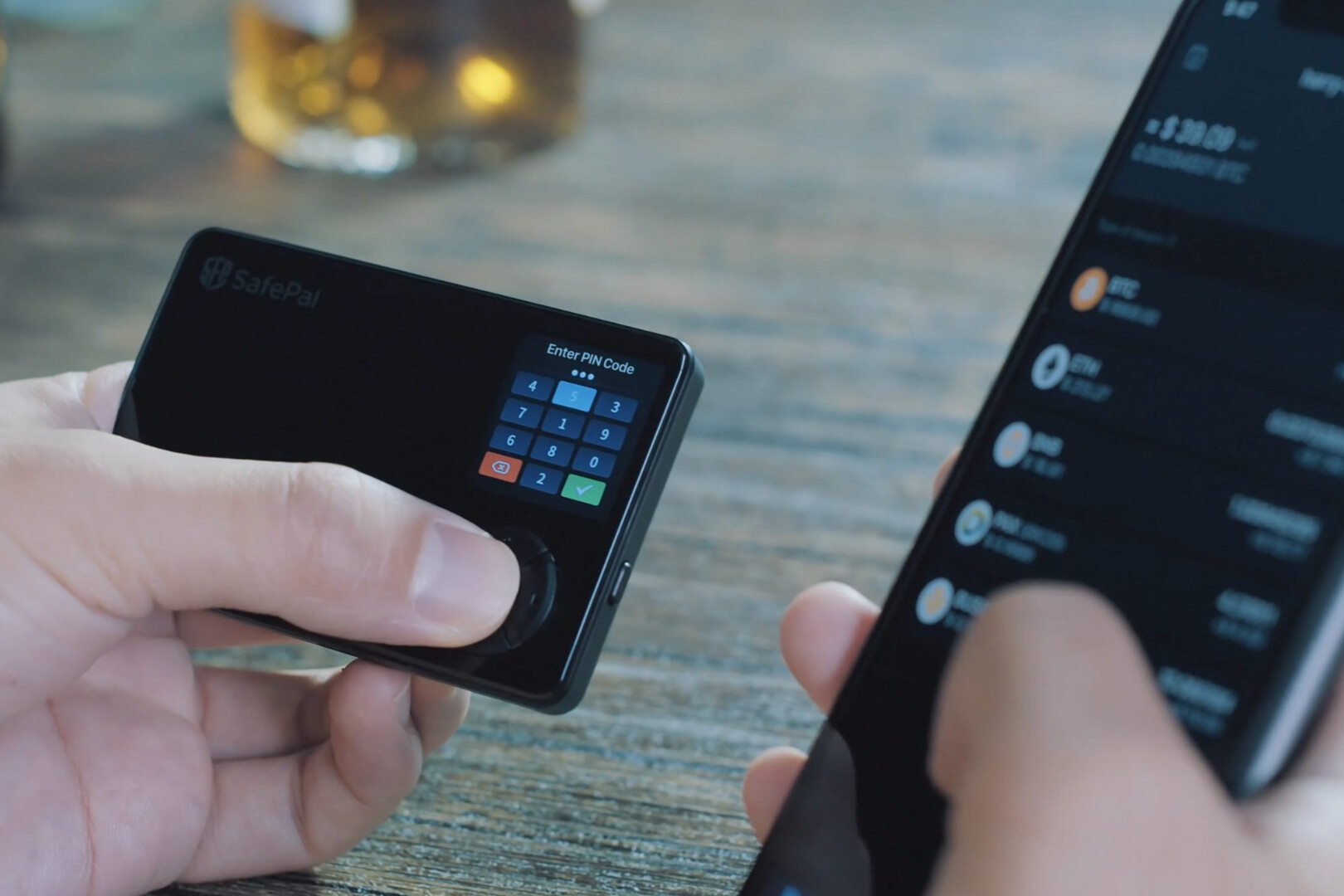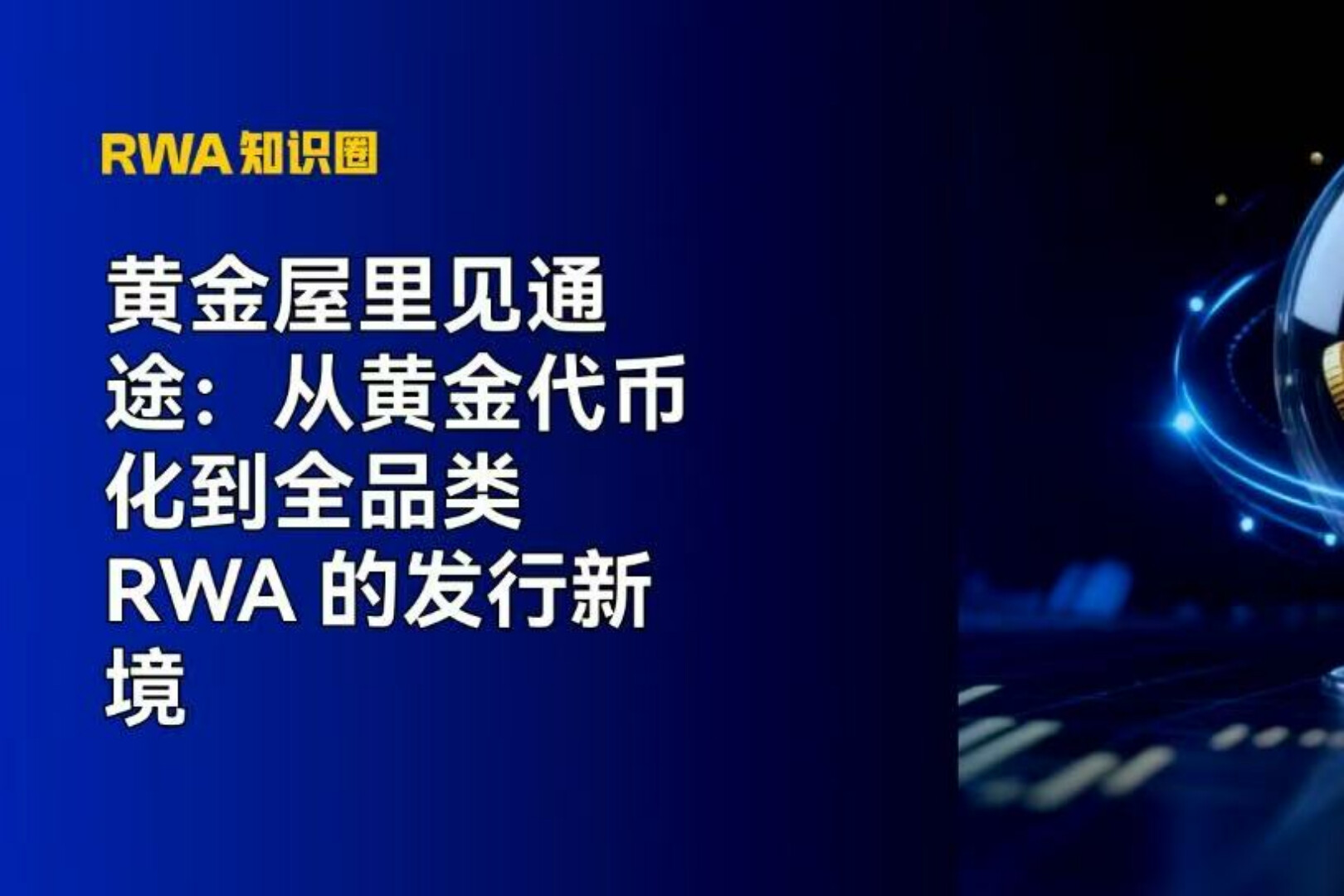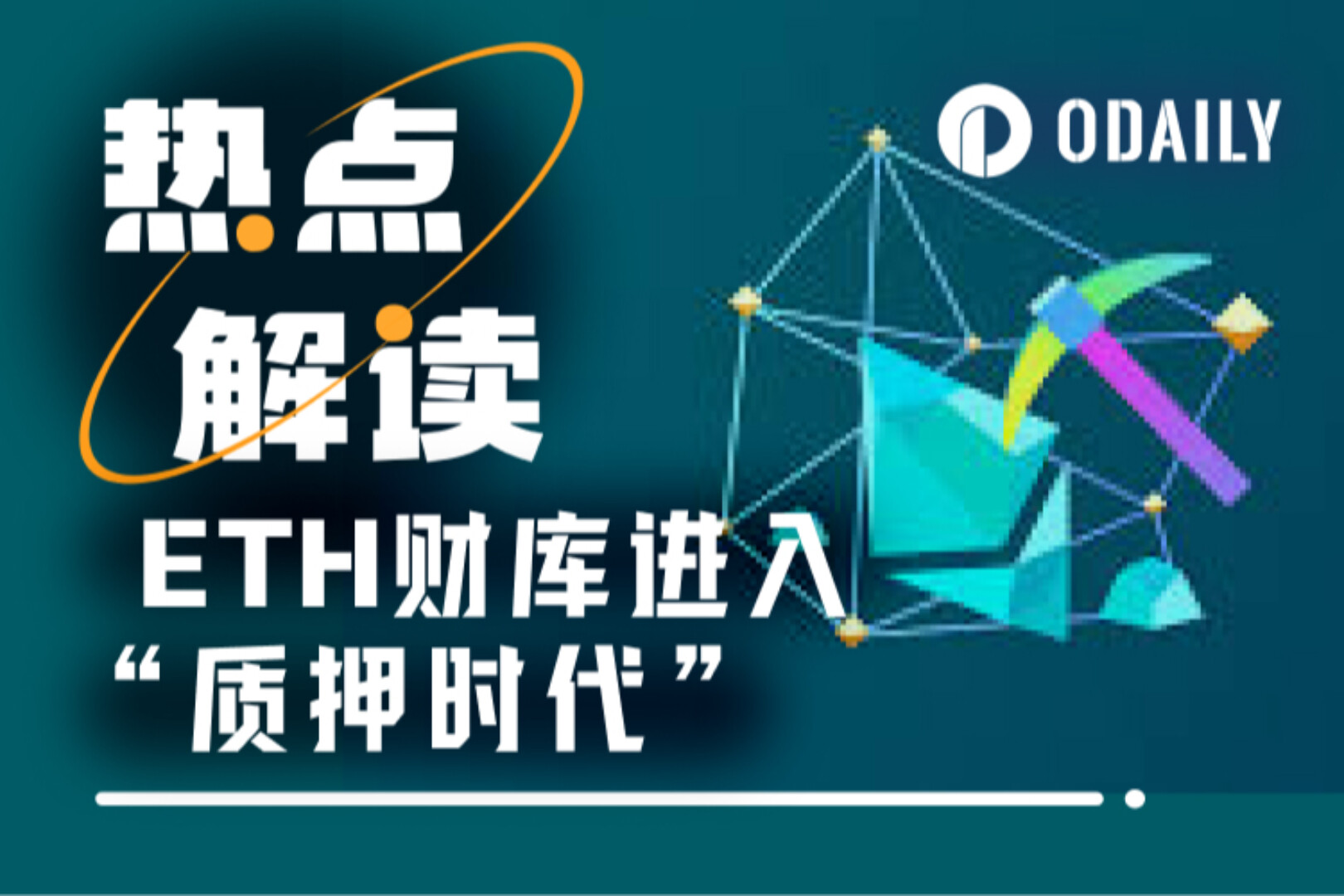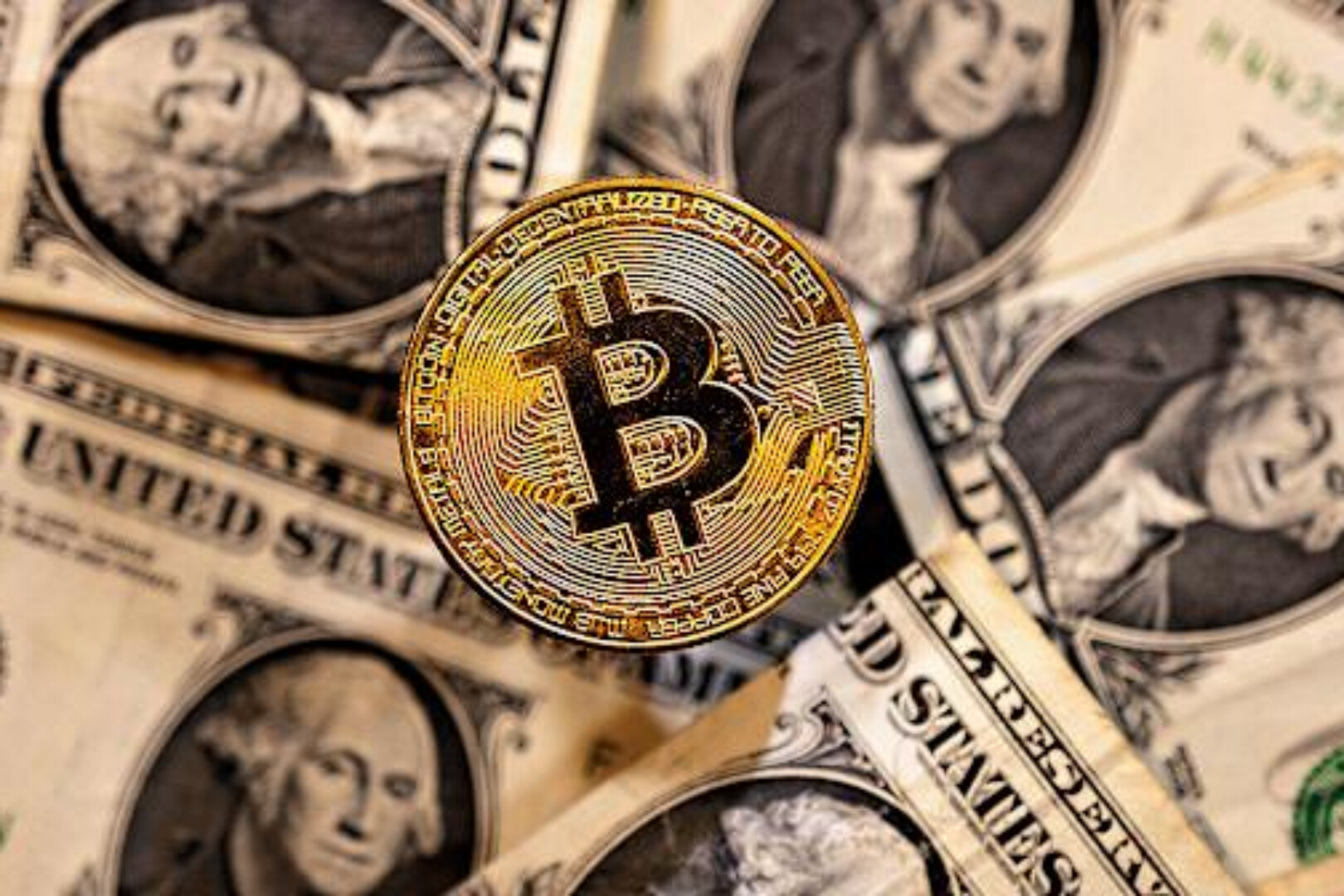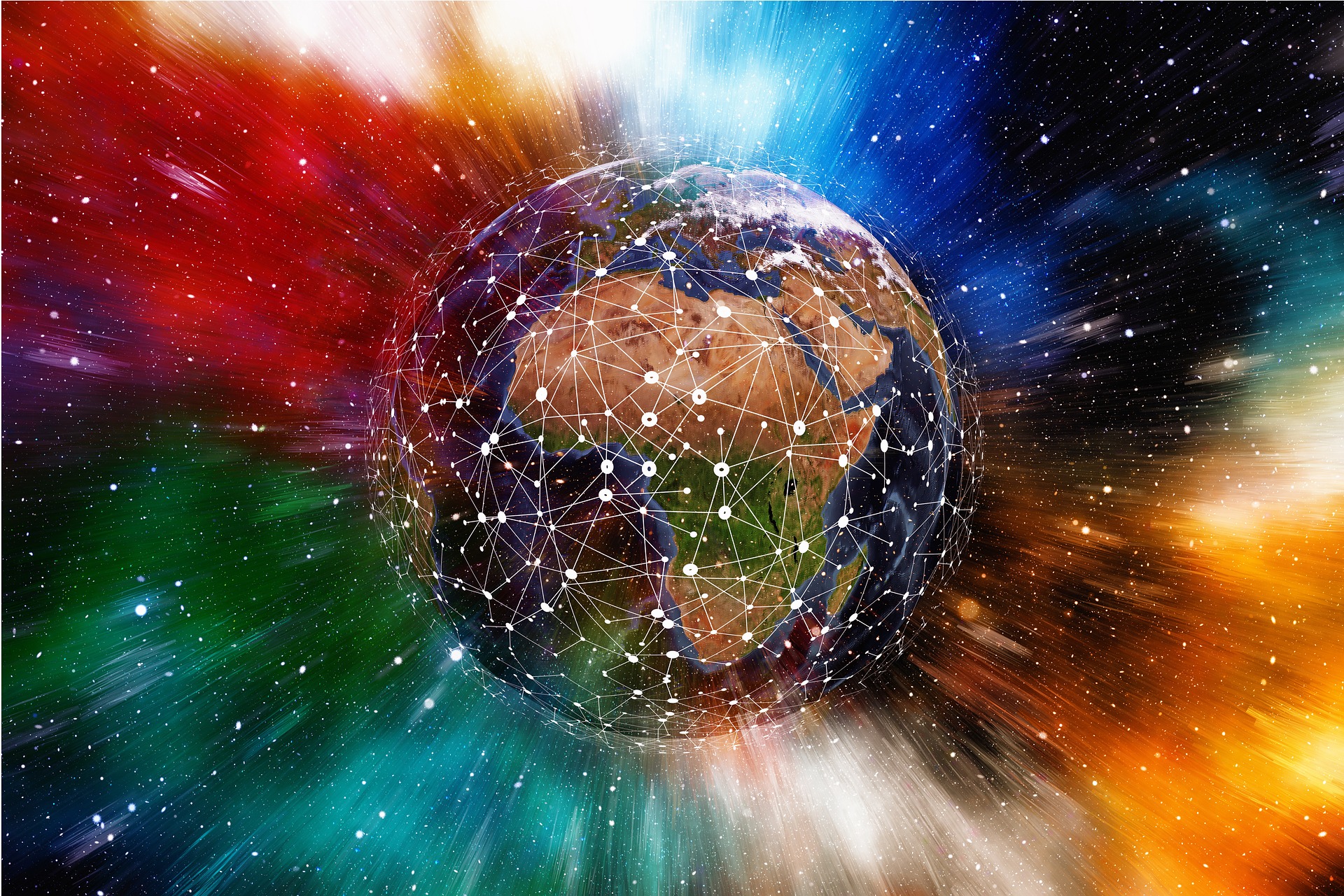
On September 5th, the blockchain POD conference hosted by Odaily and strategically co-organized by 36Kr Group was held in Beijing. At the meeting, Sean Moss-Pultz, an expert on blockchain rights confirmation, delivered a speech entitled "Property rights for data".
Sean Moss-Pultz mentioned in his speech that in the traditional world, people regard real estate, land, original works, etc. as their own property rights. But in fact, personal data also has property rights, and the blockchain can turn personal data into a personal asset or even a personal property right.
Based on the blockchain, the ownership of personal data returns to the data producers. Under such conditions, each individual can decide whether third parties can read and use their own data, and people can also create property around digital assets and realize their own data assets instead of contributing to third-party platforms for free.
secondary title
The following is the full text of Sean Moss-Pultz's speech, enjoy:
Thank you, thank you all for listening to me here!
First of all, I would like to introduce myself briefly. I am from San Diego. In the past ten years, I have a blockchain start-up company in Asia. I have cooperated with Alibaba and DCG, so I have cooperation projects in the East and the West. Today I will mainly talk about five aspects, all of which are related to the application of blockchain in real life, especially property rights.
When I am traveling or on a business trip, I will always ask everyone: What do you think of the blockchain? How does it work?
I noticed a very interesting phenomenon, the respondents over 30 years old, their answer is: for money. For the respondents under the age of 30, most of their answers are related to smart contracts. Smart contracts are a very important kind of law and contract, and will play a very important role in ten years. So which of these two groups has the correct answer?
When I was thinking about this question, I thought of linear influence. How long can the influence of a thing last? We have to look at this issue from a long-term perspective.
Regarding smart contracts, how long will its impact last? We can do a simple calculation, for example, a thousand years from now, we will still have laws. What I want to show you today is how to apply this kind of law and this kind of treaty to the blockchain.

Also, I find it surprising that most of the activity on blockchain is in this red zone, which is major industries like corporates and banks. So in terms of blue, we can also discover and explore some new markets. Next, I will share with you some cases about how our data and numbers can explore new markets.

Before talking about property rights, let’s explain to you what exactly is this property right?
About hundreds of years ago, real estate was part of property rights. We believe that digital is also a kind of property right. You may ask what does this mean? How can numbers be valuable?
We can use Facebook as an example. For example, Internet companies like Facebook have a market value of about 500 billion US dollars, but their public balance sheet data is different. You can look at this table, it is about 50 billion or 60 billion US dollars, so why is the market value 500 billion US dollars? Where did this 10 times come from? Where is the extra valuable asset? In fact, this is not in their balance sheet. These assets are non-tangible, but they are really valuable.

So can we use blockchain as a ledger? Let personal data become an asset, a property right? I think the answer is yes. Creating property around digital assets enables more economic transactions. Then we established our project in 2014, and currently there are about 664,000 people who want to own their own digital property rights.


Let me share with you two cases. How do we use blockchain in the medical industry?
These are two fields that everyone is very concerned about. Of course, everyone knows that medical care is also a field with very strict supervision. We have spent two years now, and the medical industry has some major problems, for example, how to calculate and count the number of people who need medical treatment? And how is this data collected?
Then we cooperate with the University of California, Berkeley, which is one of the most famous public schools in the world. We do some data collection and research work, and then distribute this data on the blockchain, and researchers can be authorized to use this data in research.
Another pharmaceutical company, we are cooperating with them on medical outpatient experiments. Many people are willing to participate in this experiment, but this is also a matching job. They don’t know what aspects of experiments they need to participate in, so we will conduct matching. This is the work of tripartite interaction and interaction. Blockchain of property rights matches health data with clinical trials. The operating cost of this aspect can reach tens of thousands of dollars, while ensuring the information security of this participant.

At the same time, we also do some research through video games. Video games are very popular in the West. For example, if we need to conduct venture capital, they may say that we will not invest in video games because games are difficult to make money. How do we do it?
We built a very transparent system. We divide the video traffic obtained by the game, and earn income, which can create more liquidity, more people can join the game and invest in the game, so that more people can get more funds, income.

Then at the end of this year, we will also carry out some experimental projects, and we are very confident that these projects will be successful.
We just talked about: property rights are derived from real estate, land is started through the agricultural revolution, and people get land from it. In the information revolution, if data can be owned as a property right, we can unlock more information and truly open the door to the information revolution.
Now we pay more attention to property rights. We believe that data property rights can also create more opportunities. The property rights blockchain can be extended to all types of assets, which will also be the arrival of the third revolution.
Thank you everyone, if you have any questions, you can add me on WeChat, I am very happy to communicate with you, thank you!
